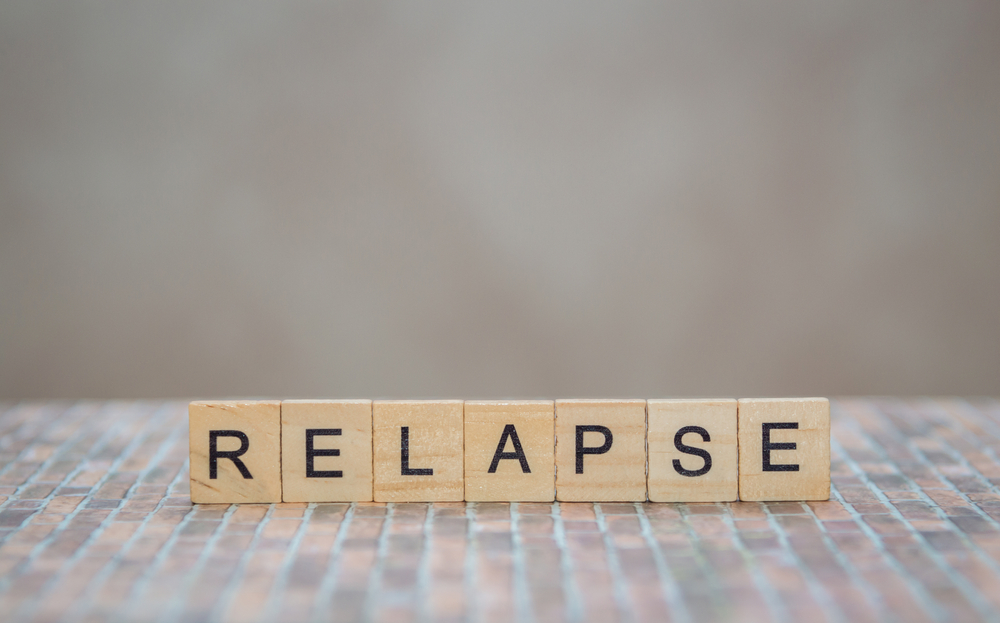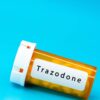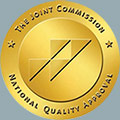Addiction, also known as substance use disorder (SUD), is characterized by compulsively engaging in rewarding stimuli despite negative consequence.
It is a chronic, relapsing brain disorder, and is listed as such in the Diagnostic and Statistical Manual of Mental Disorders, Fifth Edition (DSM-5). Relapse is defined by the American Society of Addiction Medicine (ASAM), “as the recurrence of behavioral or other substantive indicators of active disease after a period of remission.” There are many components to one’s recovery when it comes to treatment for substance abuse or addiction. Each step builds on the previous, and each is integral in the success of one’s sobriety.
Relapsing is simply a component of addiction, as is asserted in the Psychology Today article, “Why Relapse Isn’t a Sign of Failure.” According to the National Institute on Drug Abuse (NIDA), 40% to 60% of people relapse after drug treatment. Addiction can wreak havoc in all areas of one’s life. The development of substance use disorder does not occur immediately, nor will recovering from addiction be achieved instantaneously. Clinical treatment studies estimate that more than two thirds of individuals relapse within weeks to months of initiating treatment.
Every person is different, as are the triggers that may lead to a relapse. Depending on the nuanced needs of the individual, any number of suggestions may be beneficial to assist in overcoming a relapse. Any individual that has successfully completed a substance abuse and/ or addiction treatment program will have a clear aftercare plan. Many will likely include a relapse prevention component as well as suggestions for how to navigate handling a relapse. Examples of these suggestions can include reaching out to one’s sponsor, attending a substance abuse support group meeting (e.g., Alcoholics Anonymous, Narcotics Anonymous), and/ or reaching out to a substance abuse and/ or addiction treatment center.
It is important to note that relapse is a common part recovering from substance abuse/ and or addiction and should not be viewed as a failure of any kind. Albeit many feelings can accompany a relapse, shame should not be one of them. An individual that relapses had successfully attained sobriety at one point, and he or she can do so again. With the proper support, any individual can successfully move past one or more relapse experiences.
For Information and Support
Contemplating detox can be a very challenging time. Before any individual can begin to work on the underlying issues contributing to their substance abuse problem, they must be separated from the substances in their systems. If you are concerned for yourself or a loved one regarding substance abuse, and/ or addiction we recommend reaching out for help as soon as possible. The earlier you seek support, the sooner you and your loved ones can return to leading happy, healthy, and fulfilling lives. Sherwood Detox offers a stand-alone detox program. For additional information on detox, please do not hesitate to contact us at: 818-626-9959 or feel free to email us anytime. One of our trusted counselors is available to talk and discuss how we can best support you on your journey.









